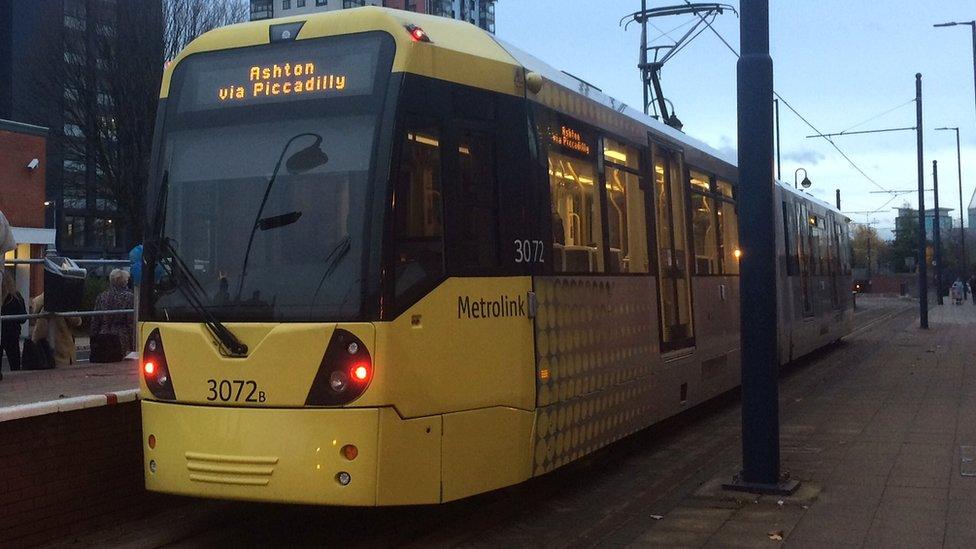Greater Manchester Metrolink: Sexual assault reports rise fivefold since 2014
- Published
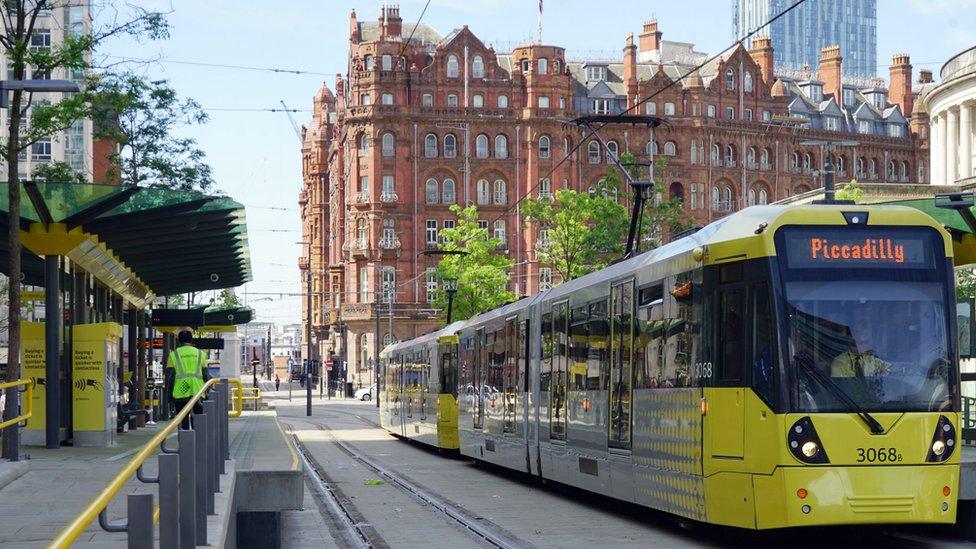
Transport for Greater Manchester said "one sexual assault is one too many"
Reported sexual assaults on Metrolink trams and stations in Manchester have increased fivefold over the past five years, new figures have revealed.
A Freedom of Information Request to Greater Manchester Police found the number of assaults rose from five in 2014 to 27 in 2018.
Journeys increased 41% to 42.8 million a year during the same period.
Transport for Greater Manchester said most journeys were incident-free but "one sexual assault is one too many".
Bev Hughes, deputy mayor of Greater Manchester, said she thought members of the public would be "rightly concerned" about the figures and authorities in the city were taking the rise "very seriously".

Further analysis of the data reveals 79 of the 86 victims during the five-year period were female.
Two of the reported attacks were on girls under the age of 13.
The number of sexual offences reported across the whole of Greater Manchester increased by 119% from 2014 to 2018, according to the Official for National Statistics.
The Metrolink network has expanded in recent years, from 77 stations in 2014 to 93 last year.
Passenger numbers increased 41%, from 30.4 million in 2014 to 42.8 million in 2018.

One woman who was sexually harassed on a tram recently shared her footage on social media.
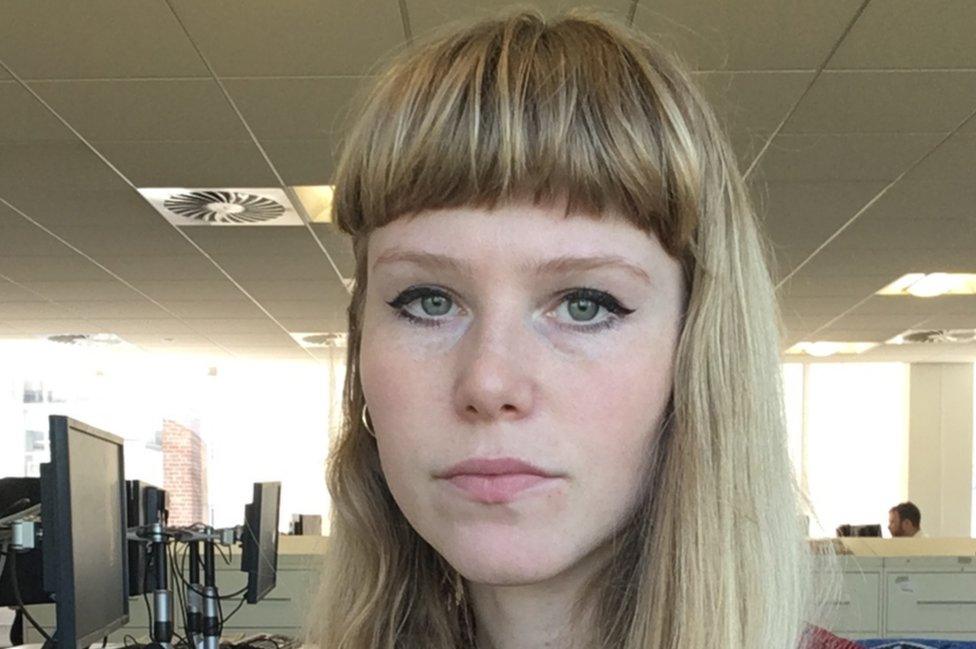
Charlotte Green says her female colleagues have had similar or worse experiences
Manchester-based journalist Charlotte Green's harassment was dealt with by police as a public order offence but she said the increase in sexual assaults was "extremely worrying, but sadly, not surprising".
She said many passengers, especially women, were made to feel unsafe travelling on the tram and other forms of public transport in Greater Manchester.
"The effect of the #MeToo movement in empowering women to come forward and report their experiences of abuse and harassment has helped shine a light on the problem, but that alone will not prevent more incidents from happening," she said.
"People in charge with the power and money to effect change need to be clear that this behaviour is unacceptable - and put measures in place to support passengers on the network."

The Metrolink network is owned by Transport for Greater Manchester (TfGM).
Ms Hughes said the mayor's office had overseen a "significant enhancement" to the TravelSafe Partnership, external, including extra officers to patrol the networks, and sought new powers for TfGM to ban nuisance and criminal passengers.
"But clearly more needs to be done, which is why it is so important for TfGM and Greater Manchester Police to continue to work together to enhance safety, and also provide reassurance to the public that action is being taken," she said.
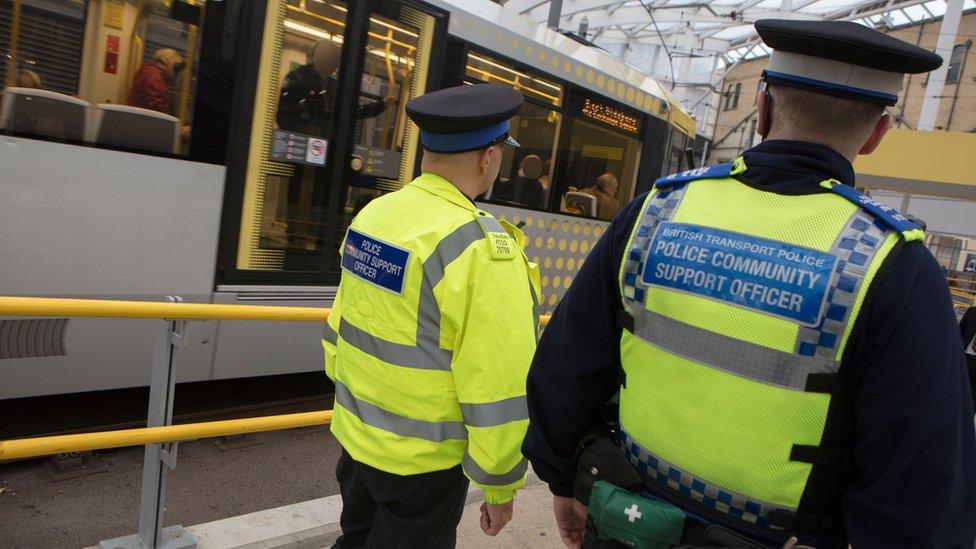
TfGM said the "vast majority" of journeys were incident-free
TfGM customer director Stephen Rhodes said incidents of sexual assault were treated "incredibly seriously".
"Nobody should be subjected to this type of behaviour or feel unsafe when travelling across Greater Manchester," he said.
Mr Rhodes said TfGM worked with police and other agencies to tackle crime and antisocial behaviour on the network.
Metrolink introduced a team of TravelSafe Officers in 2017 while a further 140 customer service representatives routinely patrol the network.
TfGM said it also used more than 2,000 CCTV cameras covering stops and trams.
Greater Manchester Police said assaults on Metrolink were "not acceptable".
Insp Stephen Henderson said the force was working with TfGM and others to "help ensure the travelling public feel safe and secure while using the public transport system".
- Published15 May 2019
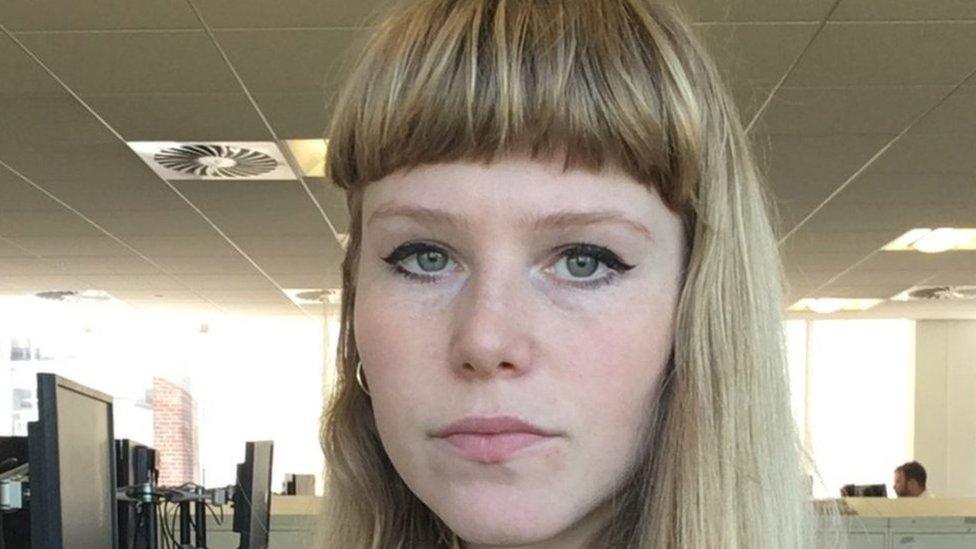
- Published28 March 2019
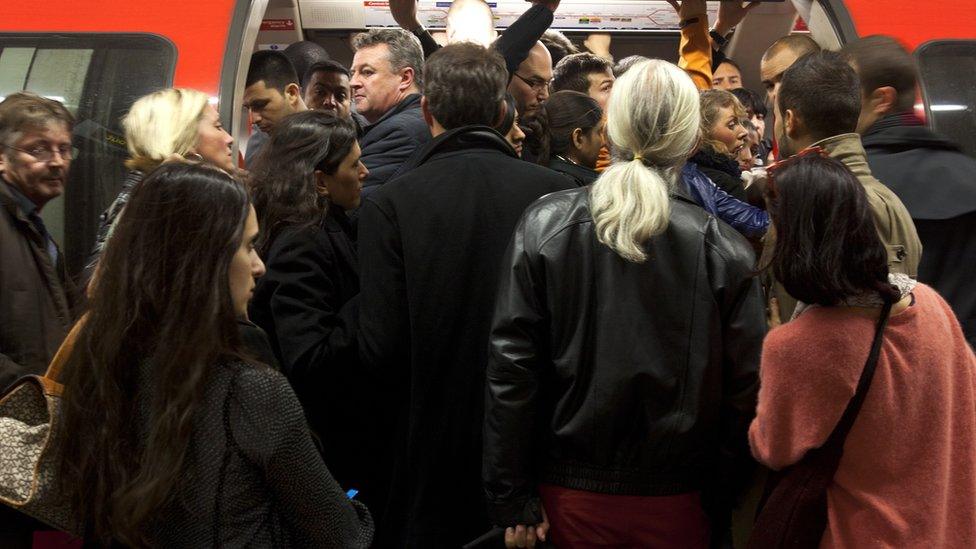
- Published13 March 2018
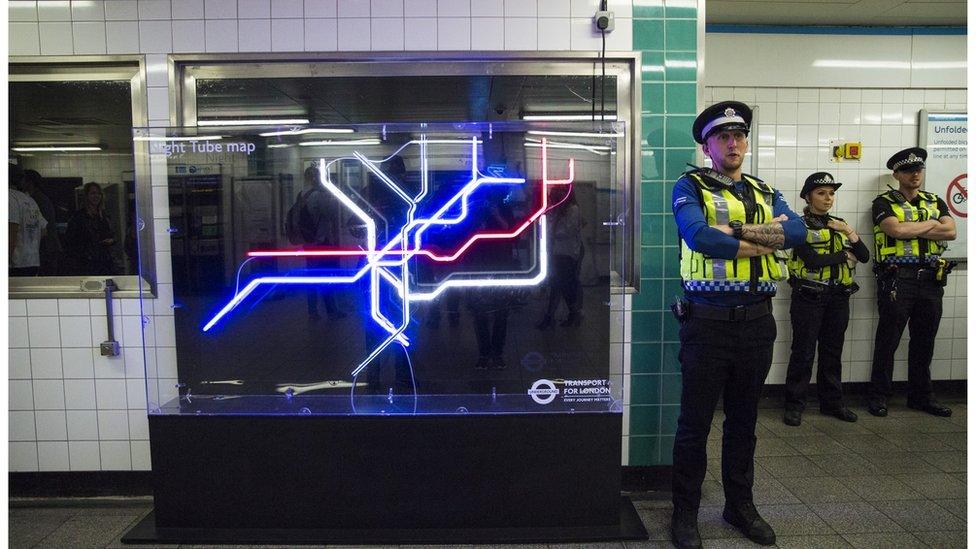
- Published12 November 2018
